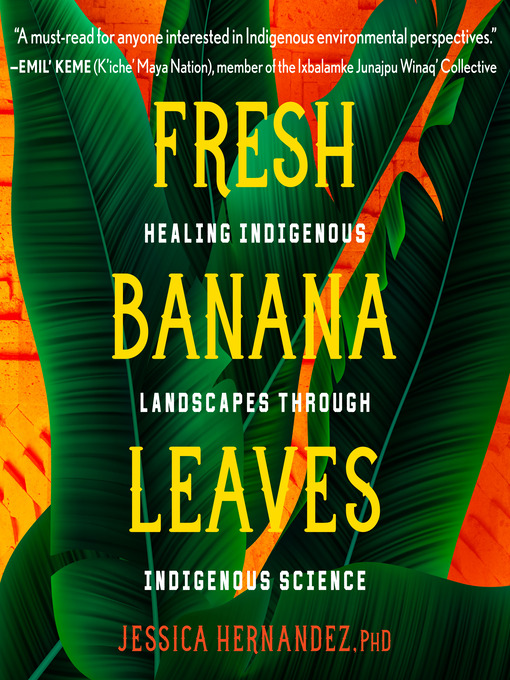- All Fiction
- African American Fiction
- Fantasy
- Historical Fiction
- Literature
- Young Adult & New Adult fiction
- See all fiction collections
- All Nonfiction
- Biography & Memoir
- History
- Self-Improvement
- Sociology
- Black Lives Matter Reading List
- Educational Justice
- See all nonfiction collections
